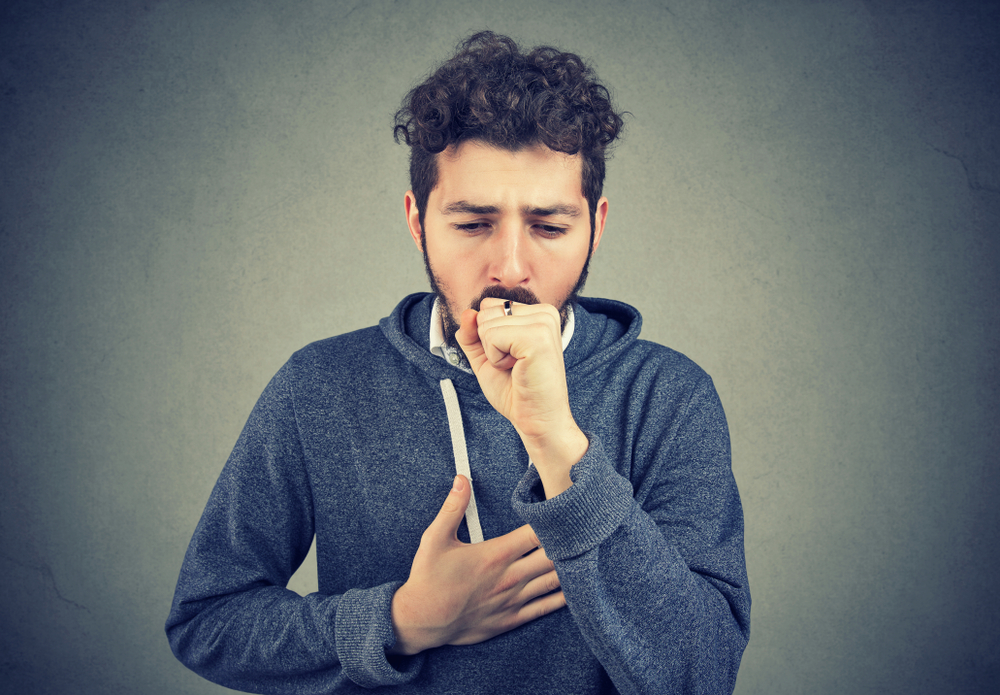Top 10 Causes of Shortness of Breath and How to Treat It.
Shortness of breath, also known as dyspnea, is a distressing sensation in which a person feels like they are unable to breathe adequately or get enough air into their lungs. It can be described as a feeling of tightness in the chest, a sense of suffocation, or the inability to take a deep breath. Shortness of breath can range from mild and occasional to severe and persistent, and it can have various underlying causes.
When you experience shortness of breath, your body's natural response is to breathe faster and deeper in an attempt to get more oxygen. This can lead to a sensation of air hunger or a feeling of not being able to satisfy your body's oxygen needs. It can be a frightening experience, as breathing is an essential bodily function that we usually take for granted.
Also see: When to Take Your Child to the ER for Asthma
Causes of Shortness of Breath.
Various factors can cause shortness of breath. Hardly is shortness of breath a problem on its own. Usually, there is an underlying issue deterring your ability to breathe properly. Since healthy breathing largely depends on your lungs and heart, complications affecting these organs lead to shortness of breath. Some of the common ones are:
- Intense physical activity like running
- Asthma
- Allergies – an allergic reaction will often lead to shortness of breath
- Anxiety disorders like panic attacks
- Heart failure
- Lung and respiratory problems such as lung cancer, prolonged smoking, bronchitis, pneumonia, COVID-19, or a blood clot in your lungs
- Being overweight or obese
- Chocking – shortness of breath after eating can be due to an obstruction on your throat preventing air from flowing in and out.
- Traumatic injuries – like a broken rib
- Extreme hot or cold temperatures and unfriendly environmental factors – examples include being at high altitudes, poor air quality, and smoke.
Also see: What Should You Do When Someone Faints?
When Should You Seek Emergency Care for Shortness of Breath?
While mild and temporary episodes of shortness of breath are often not a cause for concern, persistent or severe breathlessness should not be ignored. Seek immediate medical attention if you experience any of the following:
- Sudden and severe shortness of breath
- Chest pain or pressure
- Bluish lips or fingertips
- Fainting or loss of consciousness
- Confusion or disorientation
Shortness of breath is a significant symptom that can be triggered by a variety of factors, ranging from benign causes to serious medical conditions. If you're experiencing persistent or worsening breathlessness, it's crucial to consult a healthcare provider to determine the underlying cause and receive appropriate treatment.
Also see: 15 Foods You Can Eat Without Gaining Weight
Prevention and Lifestyle Tips.
- Stay Active: Regular exercise improves lung and heart health.
- Healthy Diet: Consume a balanced diet rich in fruits, vegetables, lean proteins, and whole grains.
- Stay Hydrated: Proper hydration helps maintain lung function.
- Avoid Smoking: Smoking damages the lungs and worsens breathlessness.
- Maintain a Healthy Weight: Aim for a healthy BMI to ease breathing.
Remember, this blog provides general information and should not replace professional medical advice. If you're experiencing persistent shortness of breath, consult a healthcare provider for an accurate diagnosis and personalized treatment plan or please visit or call our Nearest Emergency Room for the immediate medical help. We have board-certified physicians, nurses and staff to help you recover and give appropriate advice.
We have ER locations across the Dallas-Fort Worth metropolitan area that are open and here to help you 24/7 If you or your family have a medical emergency.
We have 9 facilities spread across the DFW area with average wait times of less than 10 mins that are OPEN 24/7 located in Hurst, Colleyville, Frisco, Highland Village, Hillcrest, Uptown, Little Elm, Mansfield, and Texoma.



.jpg)